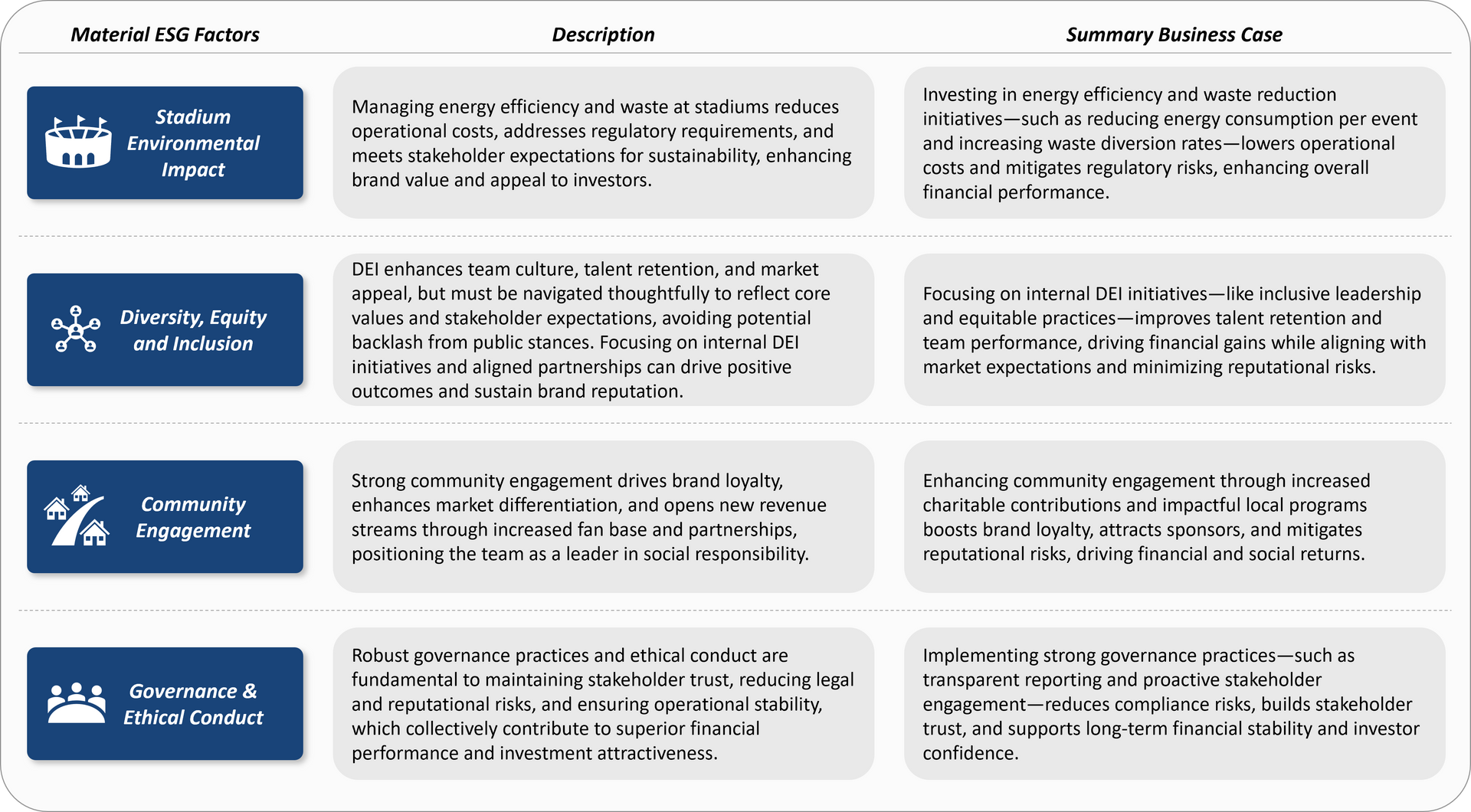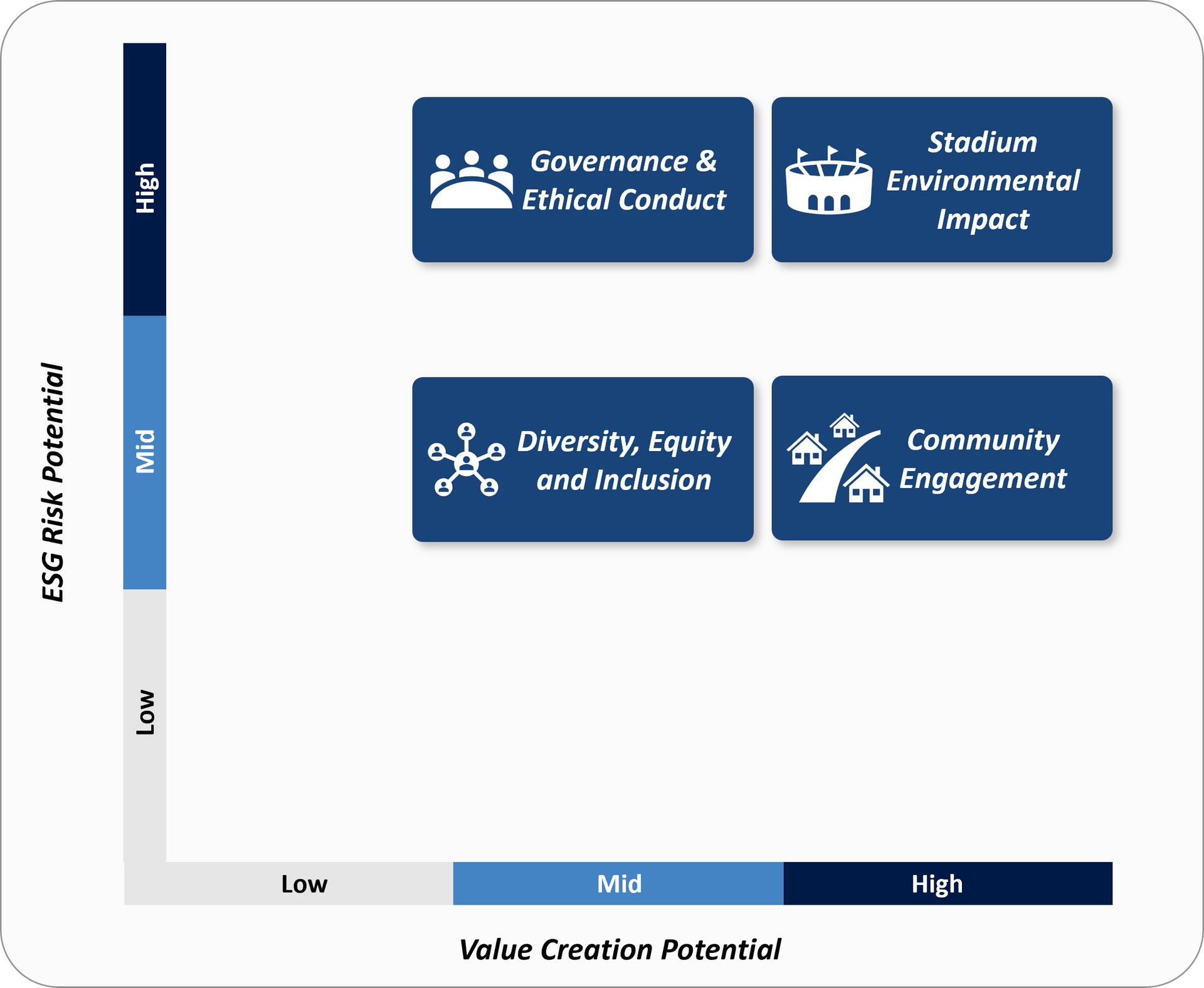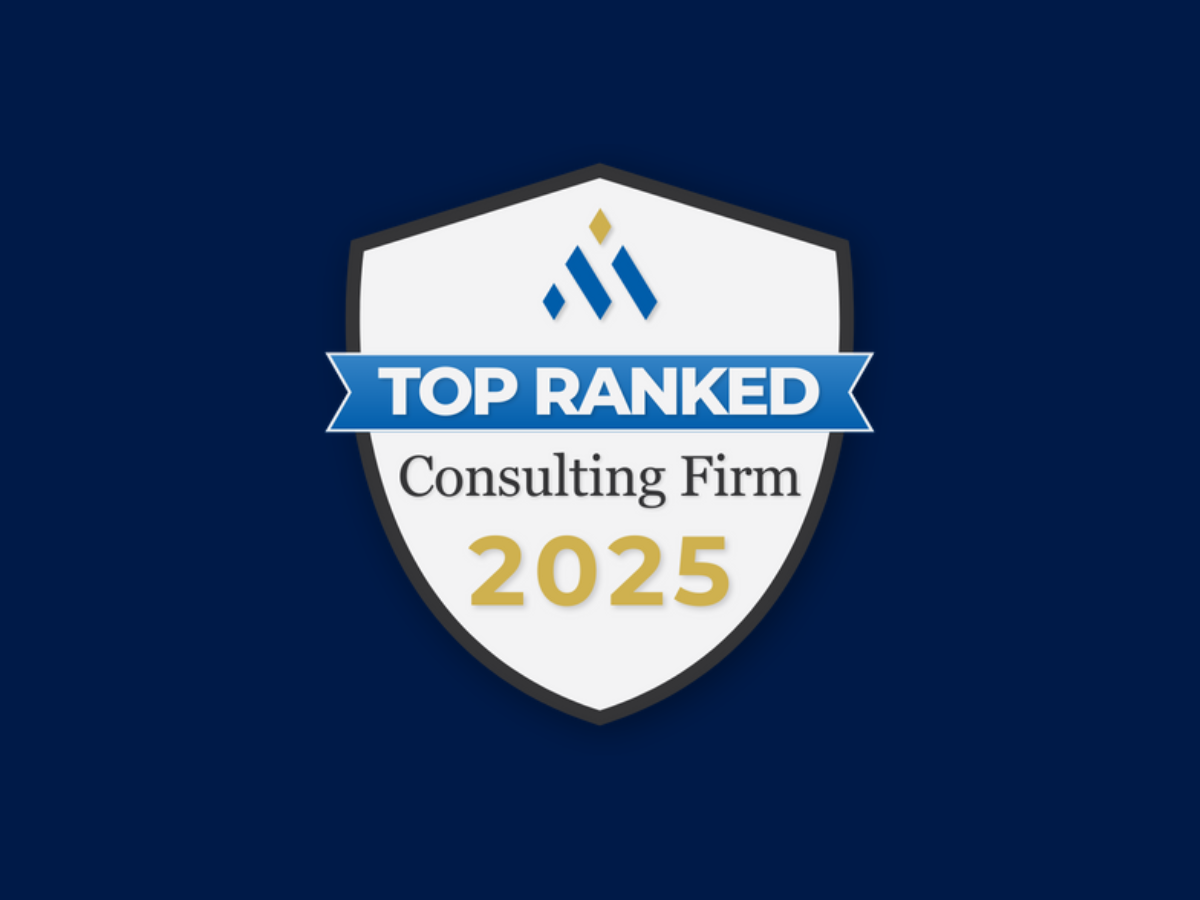Share
Recent changes in the NFL's ownership rules have opened the door for private equity (PE) firms to buy stakes in teams, marking a significant shift in the league's investment landscape. Among the pre-approved firms are Ares, Sixth Street, Blackstone, Carlyle, and CVC—all of which are signatories to the Principles for Responsible Investment (PRI). This commitment signifies that these firms have publicly pledged to integrate environmental, social, and governance (ESG) factors into their investment analysis and decision-making processes.
Upon learning about this development, Stax conducted a preliminary ESG due diligence on a selection of NFL teams using our proprietary AI ESG tool. Our aim was to identify the types of ESG issues that these PE firms are likely to further scrutinize as they explore these investment opportunities. Despite NFL Commissioner Roger Goodell's assertion that these investments "won't change a thing," private equity ownership, even at a minority level, could usher in new approaches to governance, sustainability, and community engagement—areas often overlooked for sports franchises but critical to long-term value.
Referencing our experience identifying value creation opportunities and crafting growth strategies for portfolio companies, we recognize that PE firms may seek to drive these outcomes through strategic ESG initiatives. This article will explore the key ESG factors that are likely to be relevant to NFL teams and how these investments could bring about shifts in the league.
METHODOLOGY
To identify the material ESG factors for NFL teams, we employed our proprietary AI-ESG diagnostic tool, which integrates advanced analytics and industry-specific datasets to pinpoint the most relevant ESG risks and opportunities. This diagnostic tool uses data-driven algorithms to assess and rank ESG factors based on their impact and materiality within the sports sector, capturing the latest trends and stakeholder expectations. In conjunction with the AI-driven insights, we leveraged Stax’s extensive value creation experience and knowledge of PE investment strategies to ensure a holistic and practical approach. By combining data analysis with our industry expertise, we were able to identify the most important ESG factors to teams and their investors, focusing on those that can drive real and measurable results.
ESG INSIGHTS
Our analysis uncovered four primary ESG factors that are critical for NFL teams: Stadium Environmental Impact, Diversity, Equity, and Inclusion (DEI), Community Engagement, and Governance & Ethical Conduct. For each factor, we assessed its potential risks—such as increased operational costs, regulatory pressures, and reputational challenges—as well as value creation opportunities, including cost savings, enhanced brand loyalty, and stronger stakeholder relationships. For instance, improving energy efficiency and waste management at stadiums directly lowers operational costs and attracts eco-conscious sponsors, while robust governance practices reduce compliance risks and build investor confidence.

Recognizing these material ESG factors, however, is just the starting point to drive sustainable value creation. The next step involves creating a customized sustainability strategy that integrates these factors into the core business model while prioritizing initiatives that offer the greatest impact. A focused sustainability roadmap should outline clear, actionable steps, timelines, and responsibilities, setting the stage for targeted improvements in both financial and ESG performance, directly linked to EBITDA growth. By prioritizing and executing these initiatives, ESG commitments can be translated into measurable business results, enhancing resilience and unlocking new avenues for growth.

VALUE CREATION & FINANCIAL SUCCESS
Private Equity firms have a unique opportunity to create significant value in the NFL, even as minority owners. Their strategies can influence both on-field and off-field performance, resulting in improved financial outcomes. Key areas of focus include:
1. Operational Improvements: PE firms are well-positioned to support NFL teams in enhancing operational efficiency through sustainable practices and technology adoption. For example, the Mercedes-Benz Stadium in Atlanta adopted a sustainability-focused design in 2017, implementing measures such as waterless urinals, an on-site urban garden for concessions, and 100% renewable energy. According to Scott Jenkins, former GM of the stadium and leader in the Green Sports Alliance, even modest savings—like $300,000 annually—can lead to significant long-term value through enhanced brand reputation and new corporate partnerships. As more NFL teams plan stadium builds or major renovations PE investors can play a crucial role in integrating sustainability into these projects, thereby improving both environmental and financial performance.
Additionally, leveraging data analytics can provide teams with critical insights into energy consumption, crowd management, and resource efficiency, ultimately reducing costs and enhancing the fan experience. New immersive technologies, such as the fan experience offered by COSM—which, like the Vegas Sphere, merges entertainment with sports—provide innovative ways to engage fans, strengthen loyalty, and align with sustainability goals creating a more efficient and profitable operation.
2. Strengthening Community Relations: Strong community relations are integral to an NFL team’s success, driving brand loyalty and revenue opportunities. Teams that prioritize community engagement, particularly through sustainability and inclusion initiatives, can forge deeper connections with fans and stakeholders. For example, the Green Bay Packers’ unique community ownership model has cultivated a dedicated fan base and increased international exposure, most recently showcased in Brazil—home to over 35 million NFL fans. PE firms can leverage these community-focused strategies to help teams expand their reach, generate new revenue streams, and build long-term value beyond the traditional sports market.
3. Governance Enhancements: Private equity investors are known for their ability to instill robust governance frameworks, which can elevate leadership effectiveness and strategic direction for NFL teams. By applying best-in-class governance practices, PE firms can optimize board structures, foster strategic alignment among stakeholders, and enhance decision-making processes—all of which contribute to building stronger organizations and increasing valuations.
Collectively, these areas provide PE firms with a variety of avenues to elevate team valuations and portfolio performance. While the NFL is distinct in its market dynamics and the value drivers for each team vary—ranging from playoff success to marketability—the application of thoughtful ESG strategies and enhanced governance can yield substantial results.
Conclusion
The introduction of private equity firms as minority stakeholders in NFL teams is poised to shift the league’s trajectory in subtle but impactful ways. While Commissioner Goodell has stated that these investments “won’t change a thing,” the reality is that PE firms are likely to seek value creation beyond the traditional playbook. By implementing sustainable stadium operations, strengthening community relations, and enhancing governance practices, private equity investors have the potential to influence how teams operate, engage with stakeholders, and grow their valuations—all while maintaining the integrity of the league’s core values.
If you'd like more information or have any questions related to this report, please reach out to any of the authors:
Head of ESG & Impact Advisory
Chris Katrenick
Consultant
Chris, prior to joining Stax, was a former quarterback at Duke for 4 years and at Eastern Illinois University for 1 year.
To get more insight's from Stax, please subscribe here:








